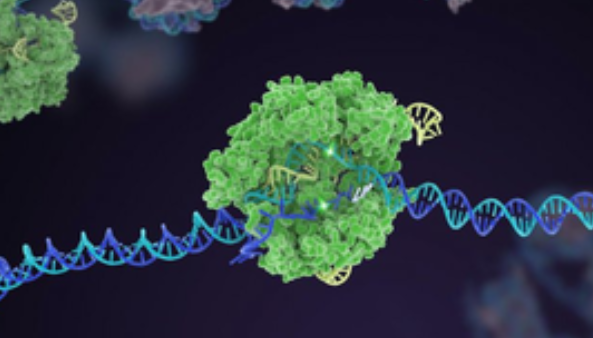Health
Gene therapy shows encouraging results in sickle cell patients

San Francisco, June 16
Scientists have reported an innovative gene-based treatment that modifies a patient’s own blood-forming stem cells to correct the mutation responsible for sickle cell disease.
The clinical trial aimed at discovering a cure for sickle cell disease, a painful genetic blood disorder with limited treatment options.
The 18 patients, two of whom were treated at Cleveland Clinic Children’s in the US, underwent a procedure where their stem cells were first collected for gene editing.
The trial was conducted as part of the multi-centre ‘RUBY Trial.’
They received chemotherapy to clear remaining bone marrow, making room for the repaired cells which were later infused back into their body.
The treatment was well-tolerated with no serious side effects reported. Following treatment, all patients successfully regained their white blood cells and platelets.
The researchers noted that all patients have remained free of painful events since treatment, and those followed for five months or greater have seen their anemia resolve.
“It’s encouraging that this gene-editing treatment continues to show promising efficacy for sickle cell patients,” said Rabi Hanna from Cleveland Clinic Children’s and the RUBY trial’s presenting investigator.
Sickle cell disease is a genetic blood disorder that causes red blood cells to be misshapen like a sickle.
In sickle cell disease, the abnormal cells block blood flow and break apart easily, leading to problems like severe pain, liver and heart issues, and a shorter life span, typically in the mid-40s.



































